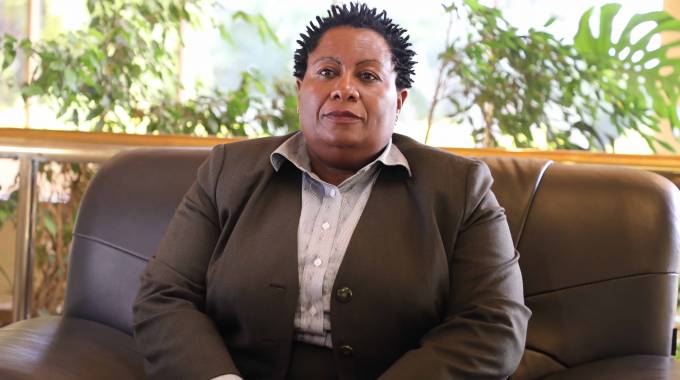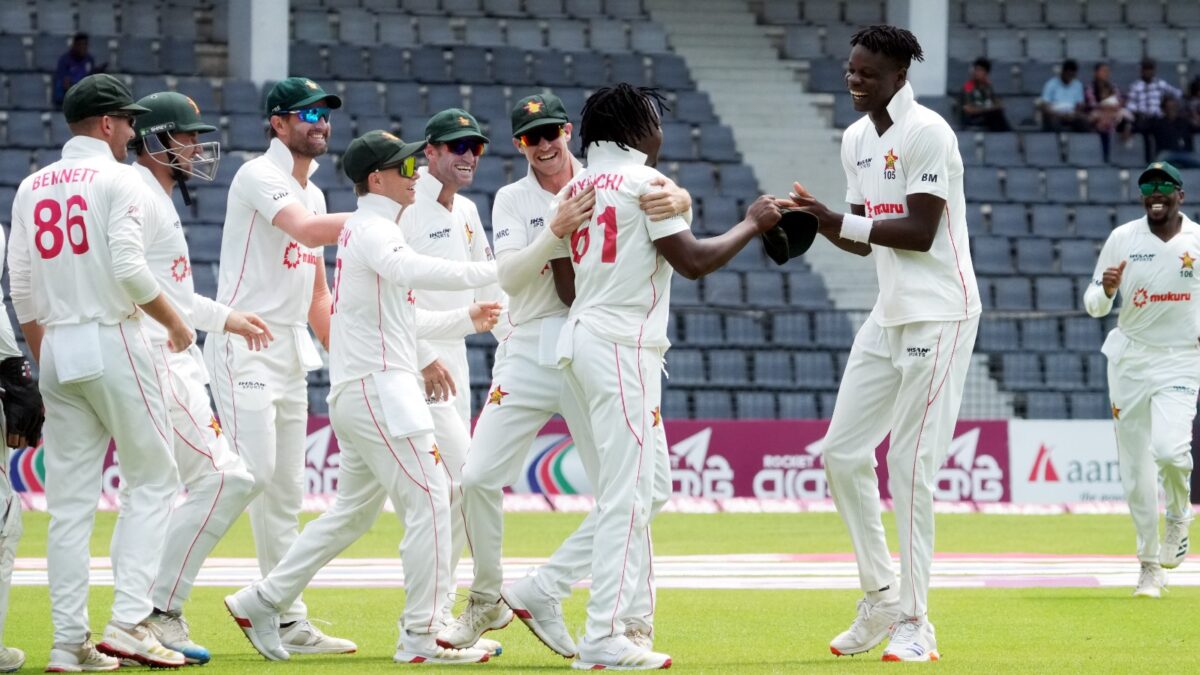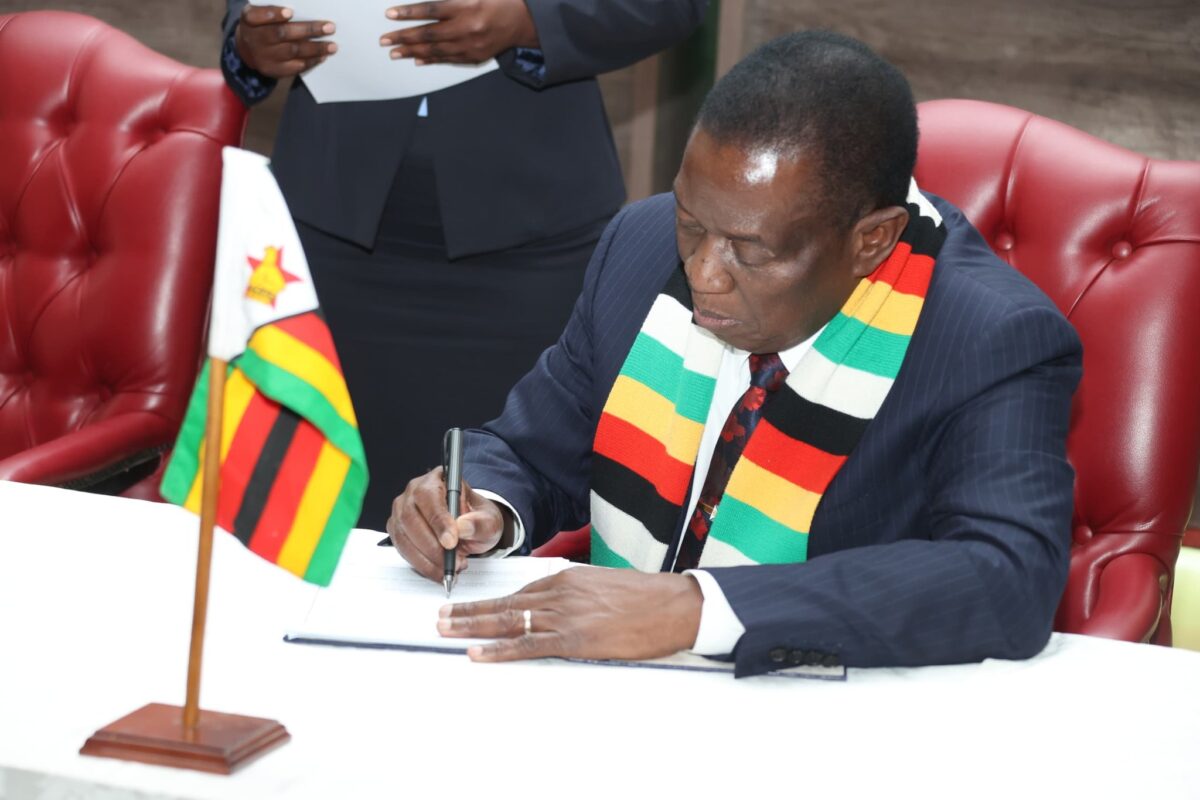HARARE – A 2022 Transparency International Corruption Perception Index (CPI) has ranked Zimbabwe number 157 out of 180 surveyed countries, a position that makes the southern African country one of the most corrupt territories in the world.
CPI is a global barometer used to measure perceived levels of public sector corruption among 180 world territories.
It captures things such as bribery, diversion of public funds, use of public office for private gain, nepotism in the civil service and state capture among some of the manifestations of corruption in a given country.
Under the index, the country that scores the highest number of points is regarded least corrupt, and as such, ranked number one, while the country with the lowest number of points is the most corrupt.
Likewise, Zimbabwe emerged among the worst performers on the globe, scoring just 23 points out of 100.
Best five performers are, by order, Denmark which scored 90, New Zealand (87), Finland (87), Norway (84) and Sweden (83).
Worst performing countries are, from the bottom, Somalia, South Sudan, Syria, Venezuela and Yemen.
In Africa, the top ranked country is Seychelles (70 points), followed by Botswana (60 points), Cabo Verde (60), Rwanda (51) and Mauritius (50) while Zimbabwe features among the worst 12 countries in 49 ranked territories.
In terms of the continent’s rankings, the worst performing countries in Africa are Somalia (12 points), South Sudan (13), Equatorial Guinea (17), Burundi (17) and Comoros (19).
According to the report, Zimbabwe is a fraction more corrupt than Nigeria, the 13th most corrupt country on the continent.
In 2021, Zimbabwe was also ranked number 157 out of 180 countries, confirming its reputation as one of the most corrupt territories in the world.
According to regional averages, Western Europe is the least corrupt bloc of countries with an average of 66 while Sub Saharan African countries are the most corrupt with an average 32 points.
“The COVID-19 pandemic severely affected livelihoods, deepening inequalities and increasing corruption risks across Sub-Saharan Africa.
“The region remains the lowest performer on the CPI, with an average score of 32.
“Forty-four of the 49 countries assessed still score below 50, and significant declines in many countries outweigh the gains made in a few,” reads the report in part.
Presenting the report during the local launch of the Global CPI in Harare Tuesday, Transparency International Zimbabwe Executive Director Tafadzwa Chikumbu said “the government of Zimbabwe should address corruption holistically and address threats that corruption poses to peace and security”.
He added, “Anti-Corruption agencies including Zimbabwe Anti-Corruption Commission, National Prosecuting Authority and the Zimbabwe Republic Police, and other oversight institutions must have sufficient resources and independence to perform their duties.
“The government of Zimbabwe should strengthen institutional controls to manage risk of corruption in defence and security.”
In her keynote remarks presented on her behalf by ZACC Manager Research and Knowledge Management Dr Onesmus Nyaude, ZACC chairperson Loice Matanda-Moyo expressed dissatisfaction with the methodology used by CPI to rank countries adding that the report failed to recognise efforts put in place by government thus far to combat the scourge of corruption in Zimbabwe.
This, she said, include, anti-corruption strategies, tightening of laws and the adoption of technology to reduce human interface.
“The methodology is not all-encompassing as it leaves out other critical segments of the population who are critical in driving the NACS implementation agenda,” she said.
“And more importantly, the TI focuses only on perceptions of corruption in the public sector when corruption is also prevalent in the private sector and non-governmental organisation sector.
Added the ZACC boss, “It is also baffling that those countries involved in conflicts with Africa fair very well in terms of CPI standing, making the whole process discreditable.”
She also said countries that benefitted from corruption tainted monies ironically performed much better on the CPI rankings.
“This raises eyebrows and questions as to who is fooling who,” Matanda-Moyo said.
















